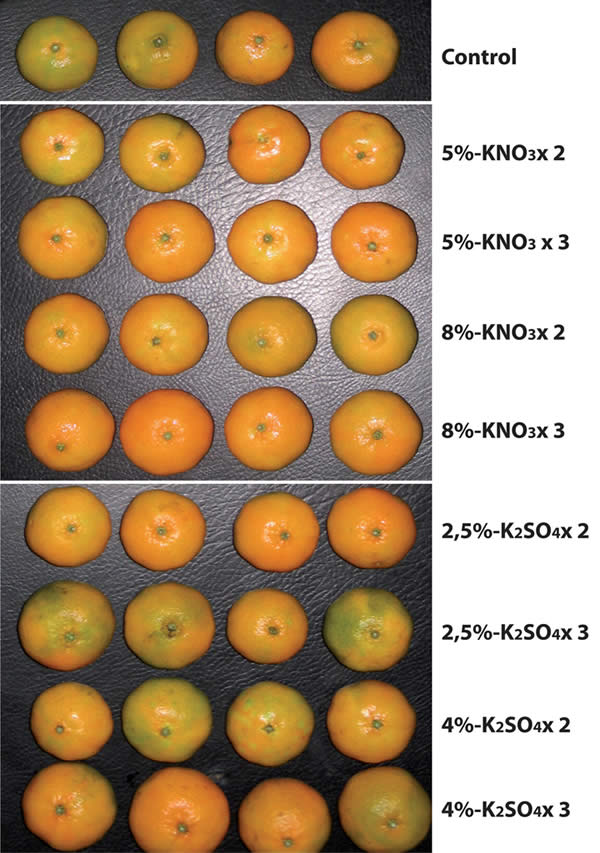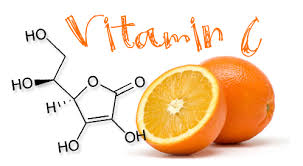Citrus fruits are essential for our body as they contain citric acid, limonoids and flavonoids. They are rich sources of vitamin C, thiamine and ascorbic acid (all are water-soluble vitamins), and potassium. Some of the most popularly known citrus fruits are lemon, lime, orange, mandarins, grape-fruit and tangerine.
Essential mineral elements
Vitamins are chemical substances needed in minute amounts, which help maintain a healthy body. Most vitamins act as catalysts or enzymes in essential chemical changes in the body, but each vitamin also has some special function in our body. Vitamins are contained in foods naturally but a couple of them are also synthesized in our body. Some vitamins (B complex containing several vitamins named B1, B2, etc. and C) are water-soluble vitamins and cannot be stored for a long period of time. Absence or shortage of vitamins in diet over a continued period causes deficiency diseases. Excess of these vitamins may also be harmful. However, excess water-soluble vitamins are easily excreted out.
Potassium (K) ions are mandatory for functioning of all living cells. They are essential for normal nerve transmission. Fruits and vegetables are sources of potassium. The body needs proper serum potassium levels and helps to excrete potassium from the kidney.

Functions
The citrus fruits are not just added flavours to food but they also enrich and enhance the quality of the food. The use of lemon for garnishing the dish might make the dish beautiful but its use would benefit us a lot more.
Vitamin C – It is needed for the growth and repair of tissues of our body and also acts as antioxidants to block the damages taking place in our body. It is a powerful agent for healing and repairing parts of our body. Citrus fruits are also suggested remedy for common cold. They also helps to maintain cartilage, teeth and bones.
Thiamine- It helps in increasing growth and appetite of an individual. It helps in the process of digestion and also looks after the proper functioning of the nervous system.
Ascorbic Acid- This is widely present in citrus fruits like lemon, orange and grape-fruit and promotes functioning of capillary walls.
Potassium- Potassium is widely associated with banana but it is less known that even citrus fruits provide some amount of Potassium. It facilitates nerve and muscle activity. It maintains fluid balance and secretion of neurotransmitters also known as acetylcholine.
Deficiency Diseases
Having said that thiamine, vitamin C and ascorbic acid are water-soluble vitamins and cannot stay in the body for long, they need a regular supply. Insufficient influx of these vitamins and potassium can lead to deficiency diseases and also invite some chronic diseases.

Vitamin C – It leads to a condition called scurvy which can result in degradation of the skin and also muscle pains.
Thiamine – it causes Beriberi which is a disease marked by inflammatory or degenerative changes of the nerves. The muscles also become weak.
Ascorbic acid – it increases the susceptibility to infections of various kinds. It is also results in Scurvy where the symptoms are spongy and bleeding gums and loosening of teeth also.
Potassium – Lack of potassium restricts transmission of nerve impulses which can also act as the base for other chronic diseases.For a balanced diet of an adult, for doing moderate physical work, a person needs to consume 1 lemon or orange everyday to maintain the diet.
Comments
Powered by Facebook Comments




